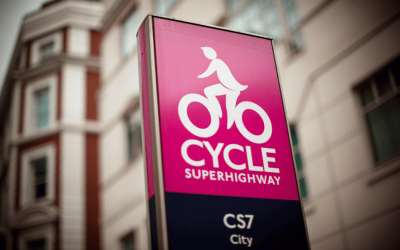Tips For London: Updated 4 March 2024
Renting a flat in London, a city known for its dynamic property market and diverse neighborhoods, requires a mix of vigilance, patience, and a good sense of humor to navigate successfully. Whether you’re an international expat or a local looking to move, the process can seem daunting. However, with the right approach and information, finding your perfect London home can be a smooth and even enjoyable journey. Here’s an updated guide with tips for London, for smart savvy renters, ensuring you make informed decisions and avoid common pitfalls.
1. Tips For London: Choosing Between Agencies and Private Landlords
Deciding whether to rent through an agency or directly from a private landlord is a crucial first step. Both options have their advantages and disadvantages, and the best choice depends on your priorities and circumstances.
Agency Advantages:
- Convenience: Agencies handle most of the legwork, from finding properties that match your criteria to dealing with paperwork and background checks.
- Legal and procedural knowledge: Especially beneficial for those new to the UK, agencies are well-versed in local laws and rental processes.
- Security: Agencies offer a layer of security, vetting landlords and properties to ensure they meet legal standards.
Agency Disadvantages:
- Cost: Agencies charge fees for their services, which can add to the overall cost of renting.
Private Landlord Advantages:
- Potential for savings: By avoiding agency fees, renting directly from a landlord can be more cost-effective.
- Personal relationship: Dealing directly can sometimes lead to more flexible arrangements and a more personal touch.
Private Landlord Disadvantages:
- Risk: Without the security net of an agency, you might encounter landlords with less professional standards or who are unfamiliar with their legal obligations.
2. Tips For London: Asking the Right Questions
When viewing properties and negotiating rental agreements, it’s vital to ask detailed questions to avoid future issues:
- Property Management: Who is responsible for managing the property? Is it a professional service company, or does the landlord handle it directly?
- Future Works: Are any renovations or construction projects planned for the building or nearby? This could affect your living conditions.
- Inventory Check: Clarify which items and appliances come with the flat and their maintenance responsibilities. Ensure everything promised is present and in good condition before moving in.
3. Tips For London: Understanding Your Tenancy Agreement
Before signing a tenancy agreement, it’s imperative to thoroughly read and understand the document. Here are key points to consider:
- Shared Responsibilities: In shared tenancies, be aware that you might be held accountable for your co-tenants actions. Ensure you’re comfortable with the terms.
- Pet Policies: Clarify the policy on pets to avoid potential fines or disputes.
- Inventory List: A detailed inventory can protect you from being charged for items missing or damaged before your tenancy.
Final Thoughts
Renting in London, while challenging, can be a positive experience with the right preparation and knowledge. By carefully considering your options between agencies and private landlords, asking comprehensive questions, and meticulously reviewing your tenancy agreement, you can find a flat that meets your needs and enjoy your time in one of the world’s most vibrant cities. Remember, the key to a successful rental experience is understanding your rights and responsibilities as a tenant and communicating effectively with your landlord or agency.













